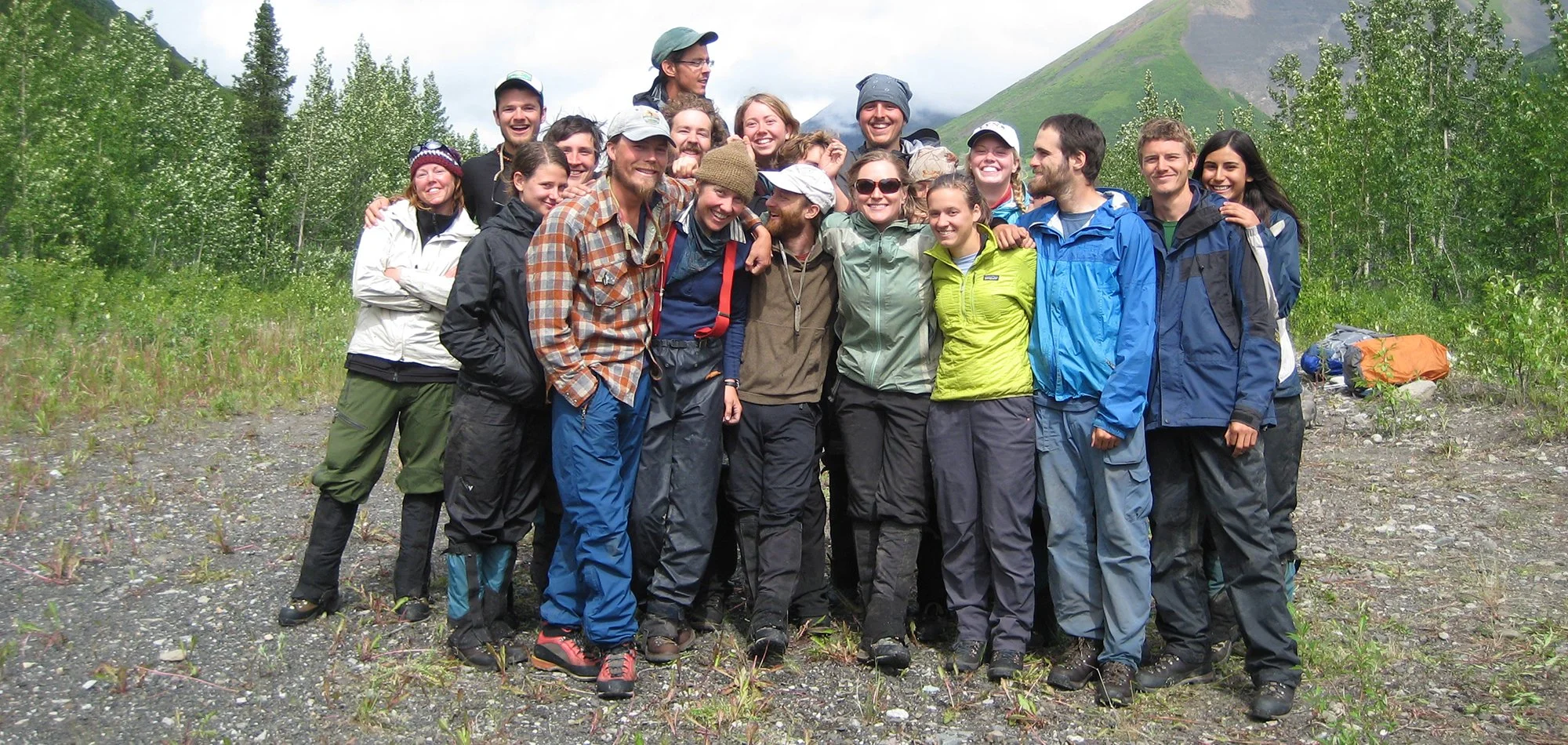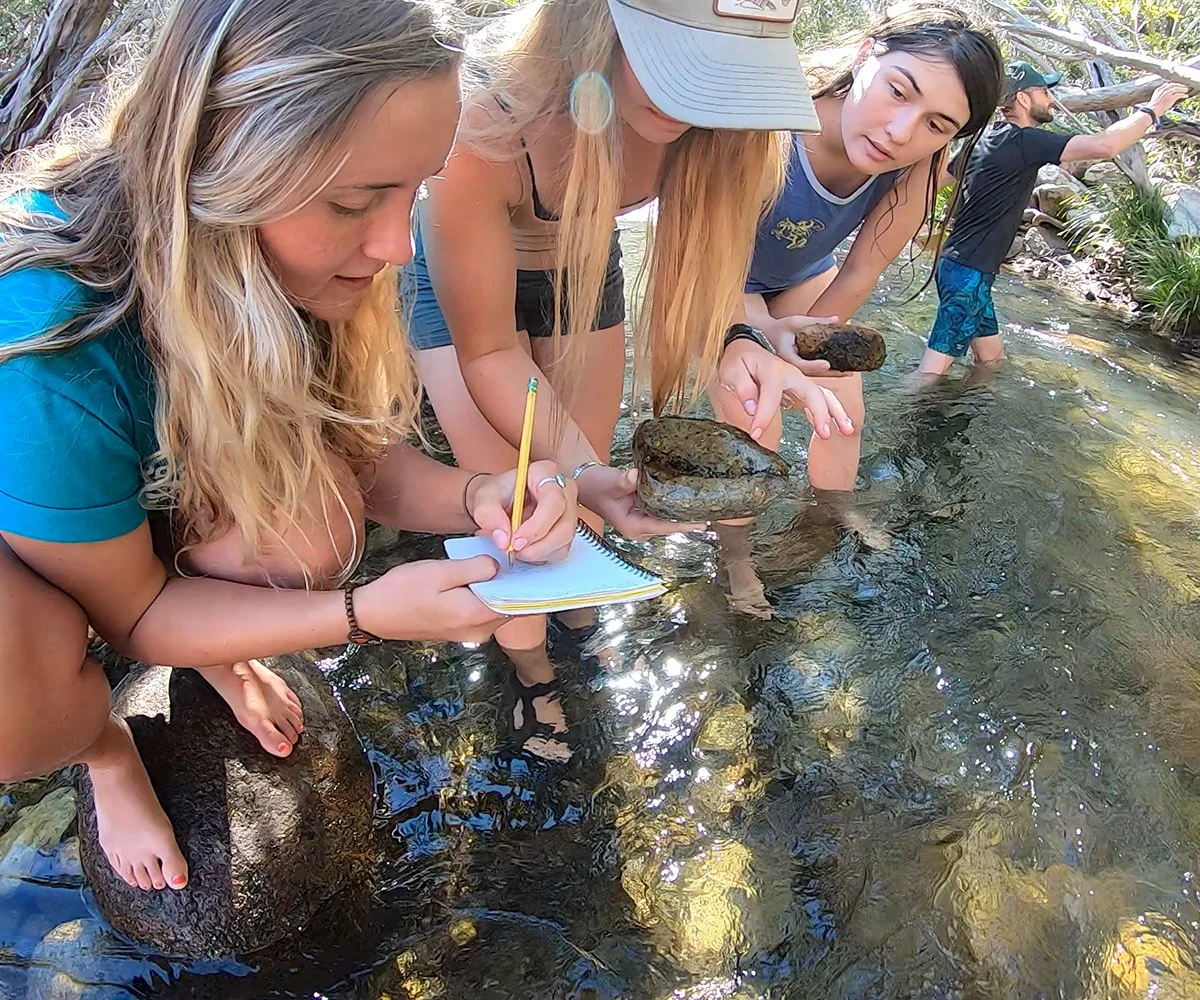Research based. Research driven.
Our programs are designed to be hands-on, immersive learning experiences.
Students study and also help conduct research; they study field manuals, environmental impact assessments and planning documents, and also consume published research, case studies and government research.
Their field work may include conferring with public land management officials and staff, attending guest lectures featuring speakers from relevant wildlands and wildlife management agencies, researchers from nearby universities, conservation organizations and a wide
variety of interest groups.
Wildlands Studies programs combine university instruction that takes place in the field, not a classroom, with active engagement with wildlands, wildlife, native cultures and Indigenous communities.













